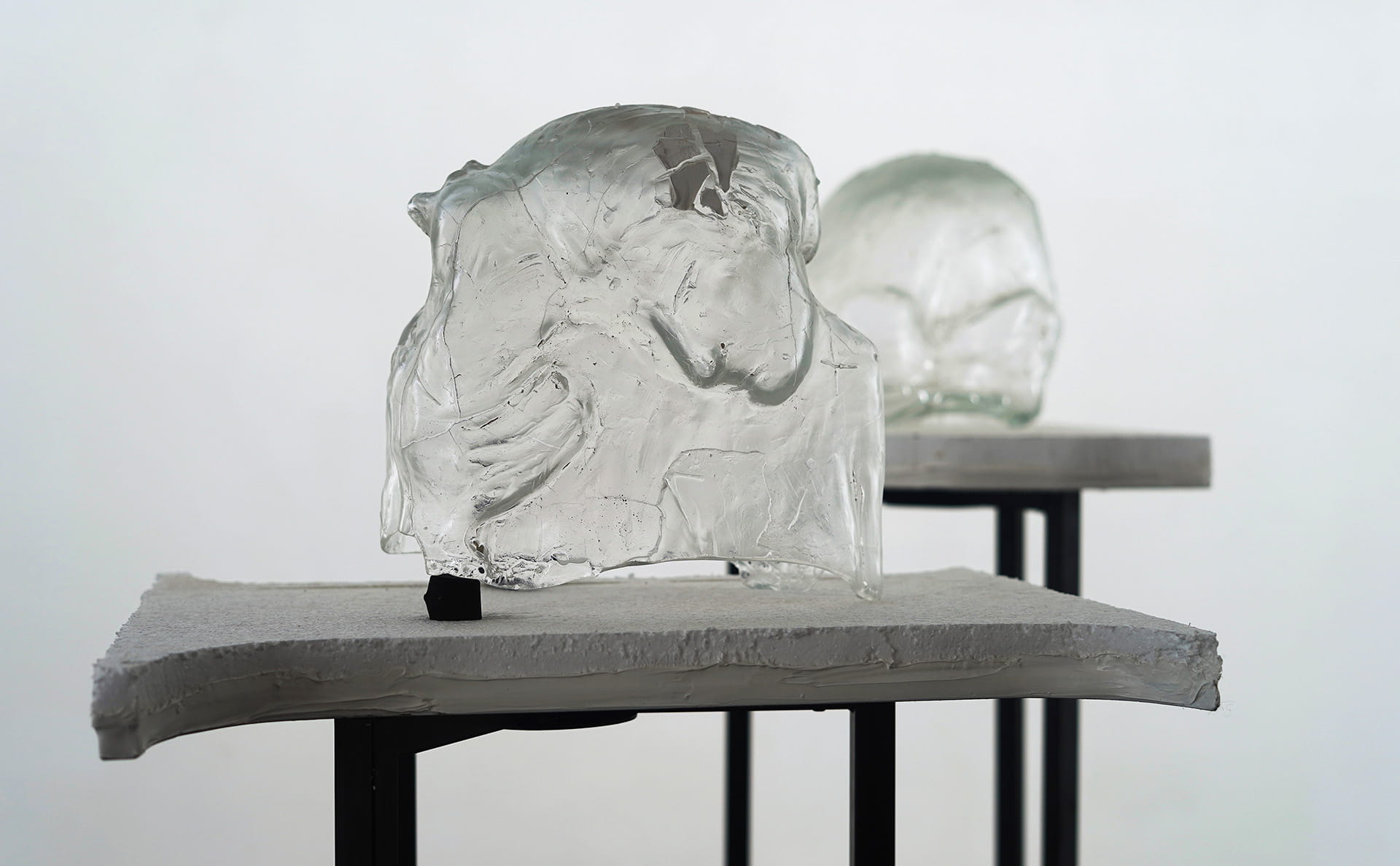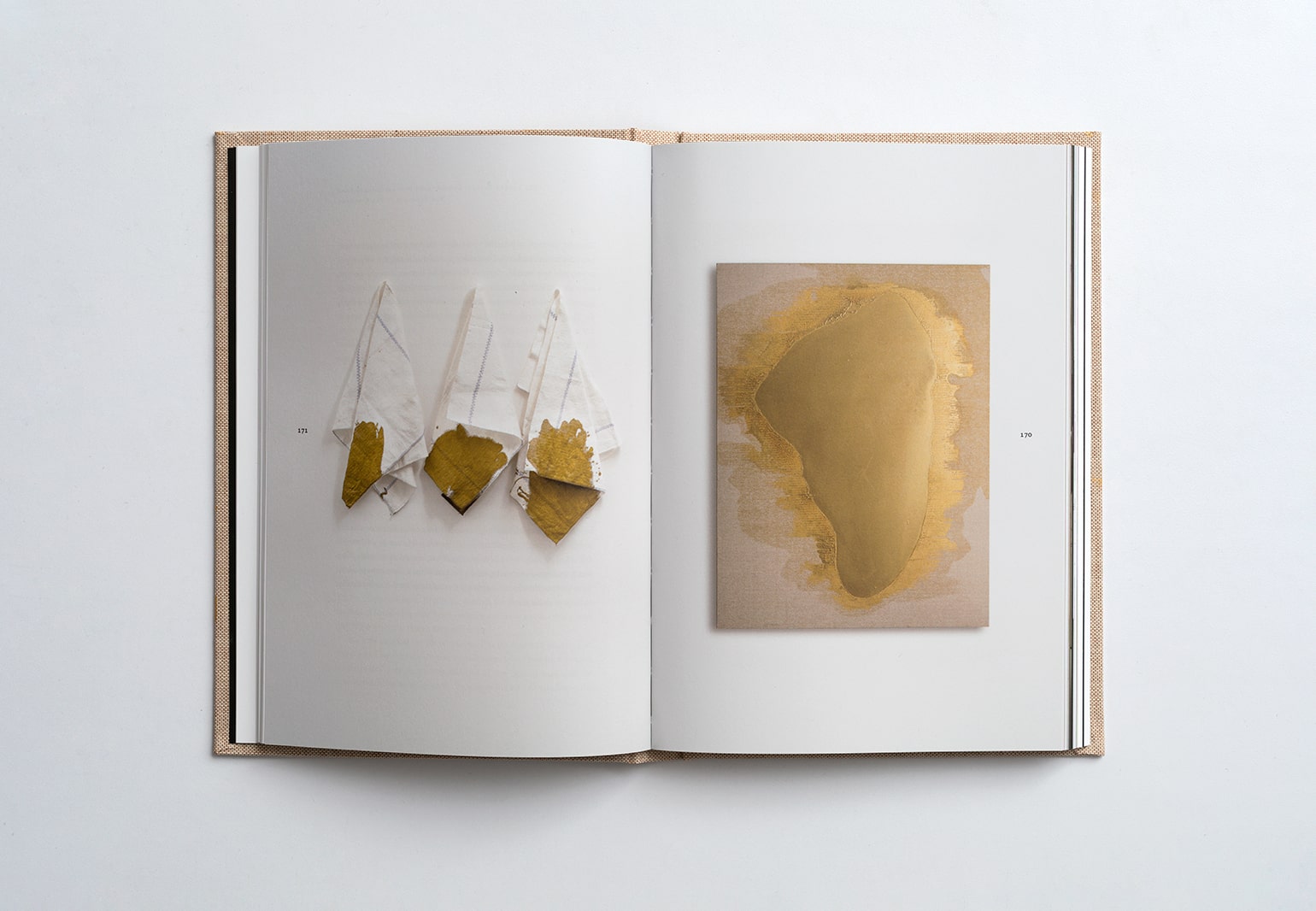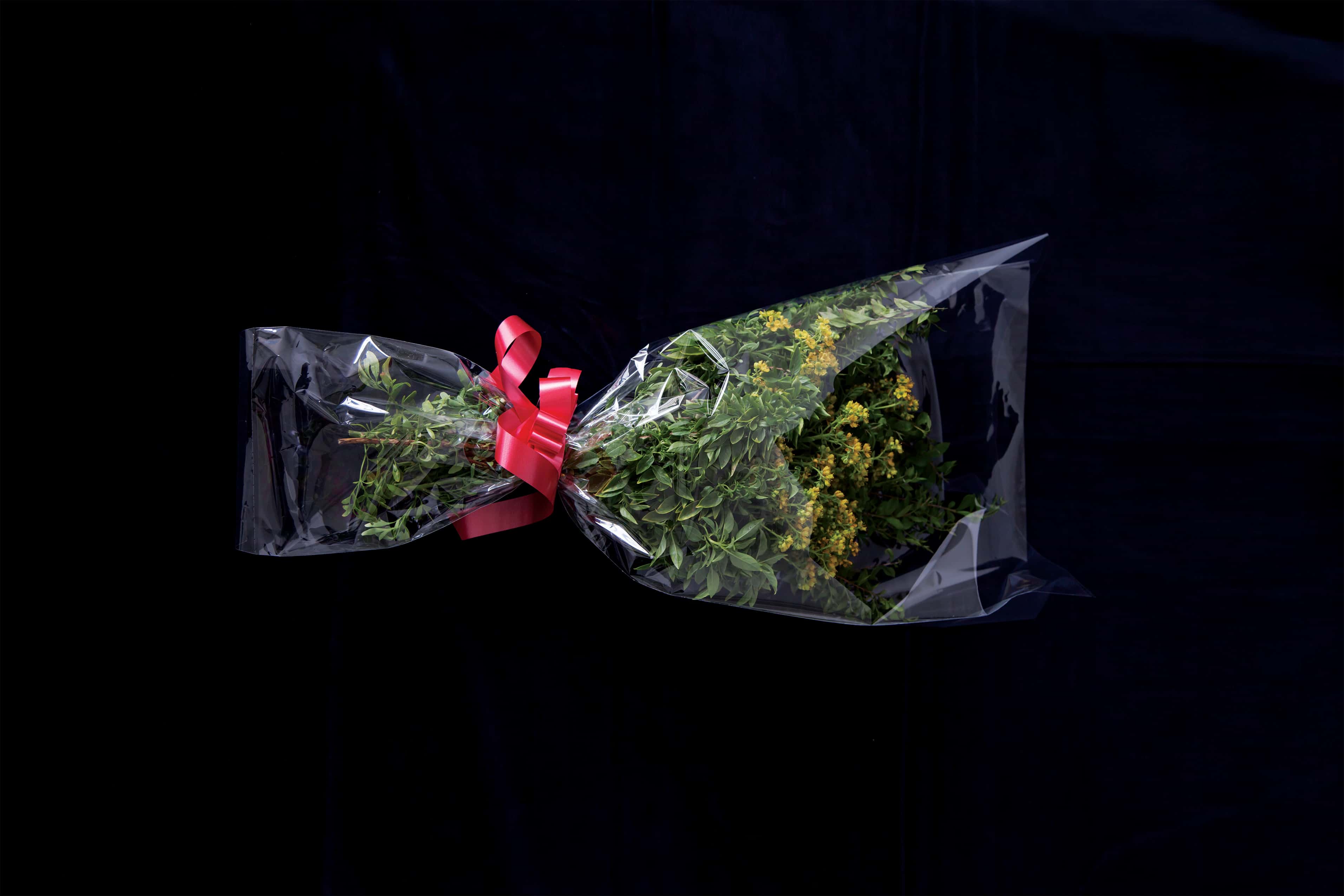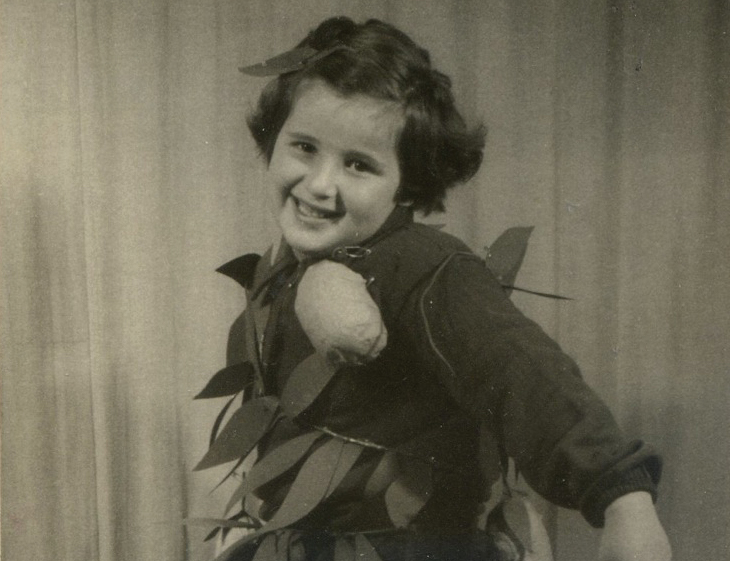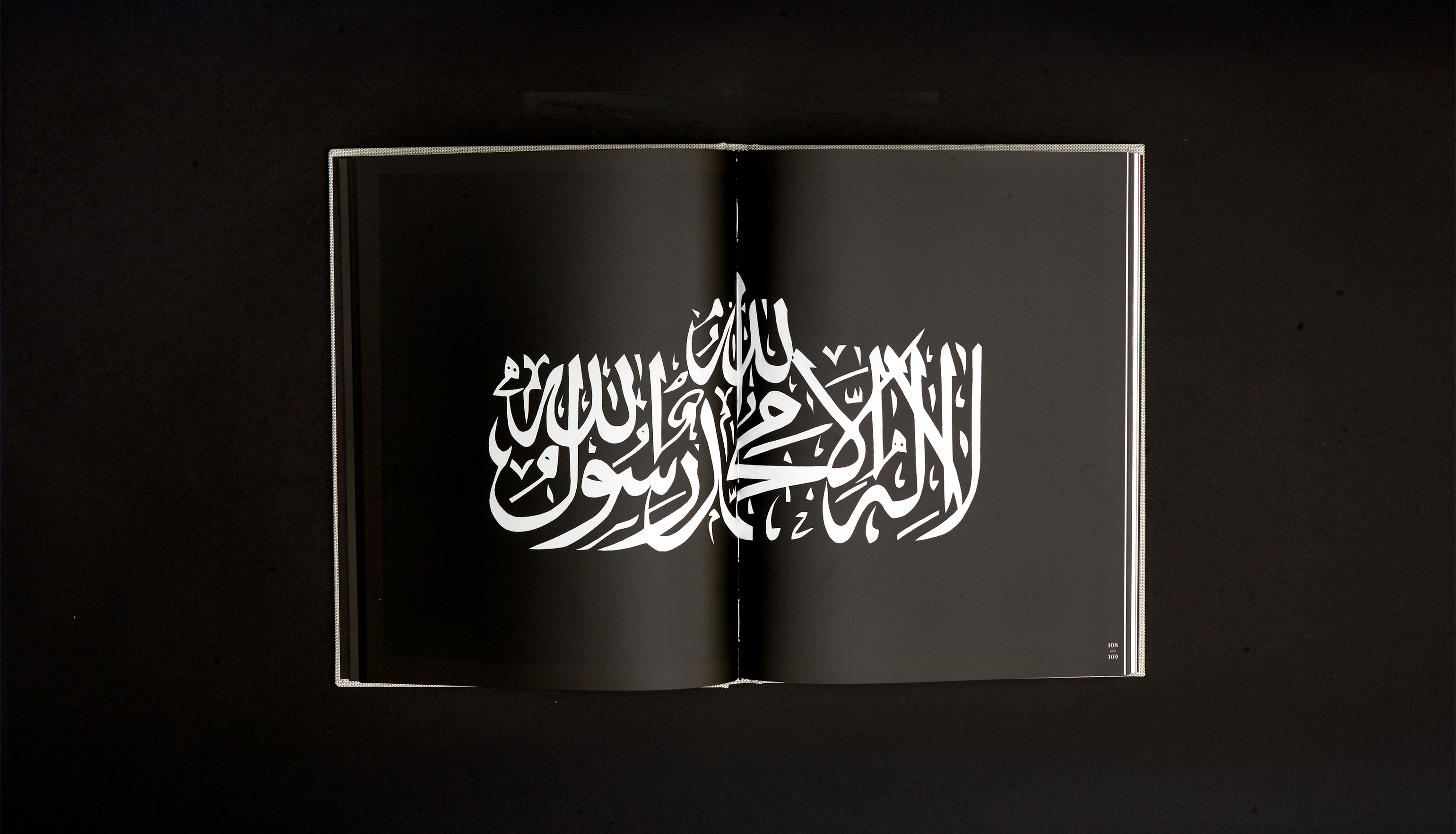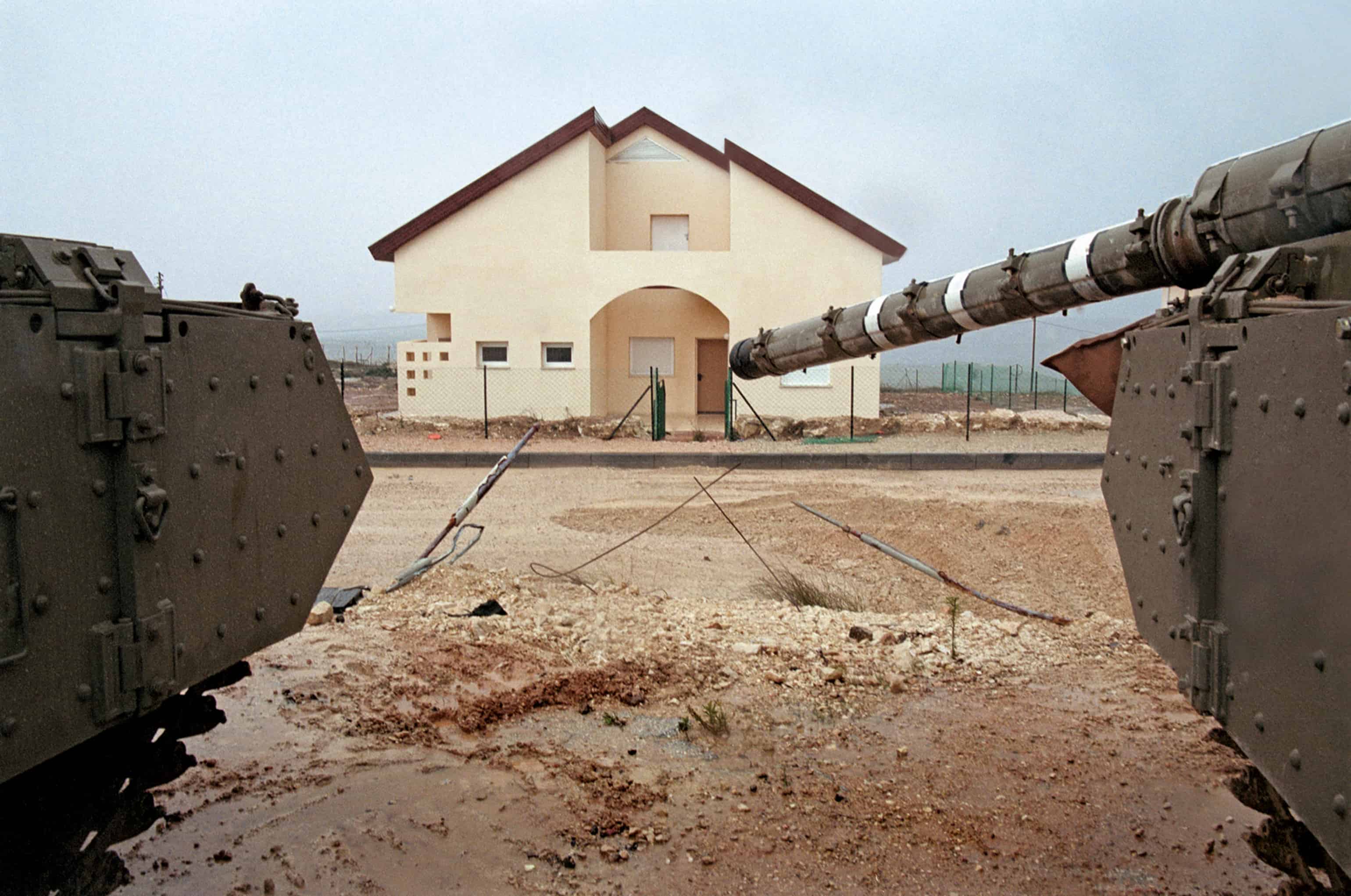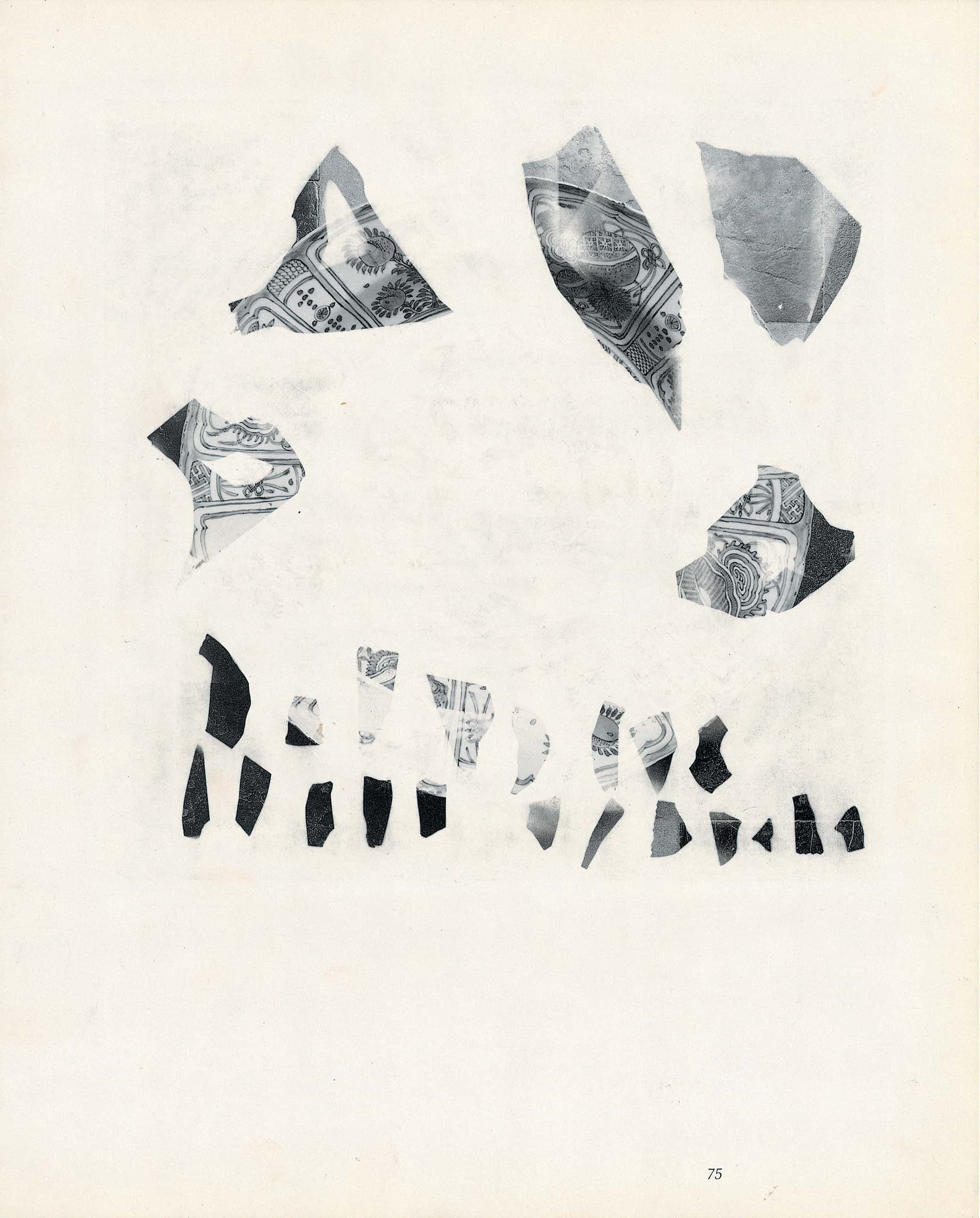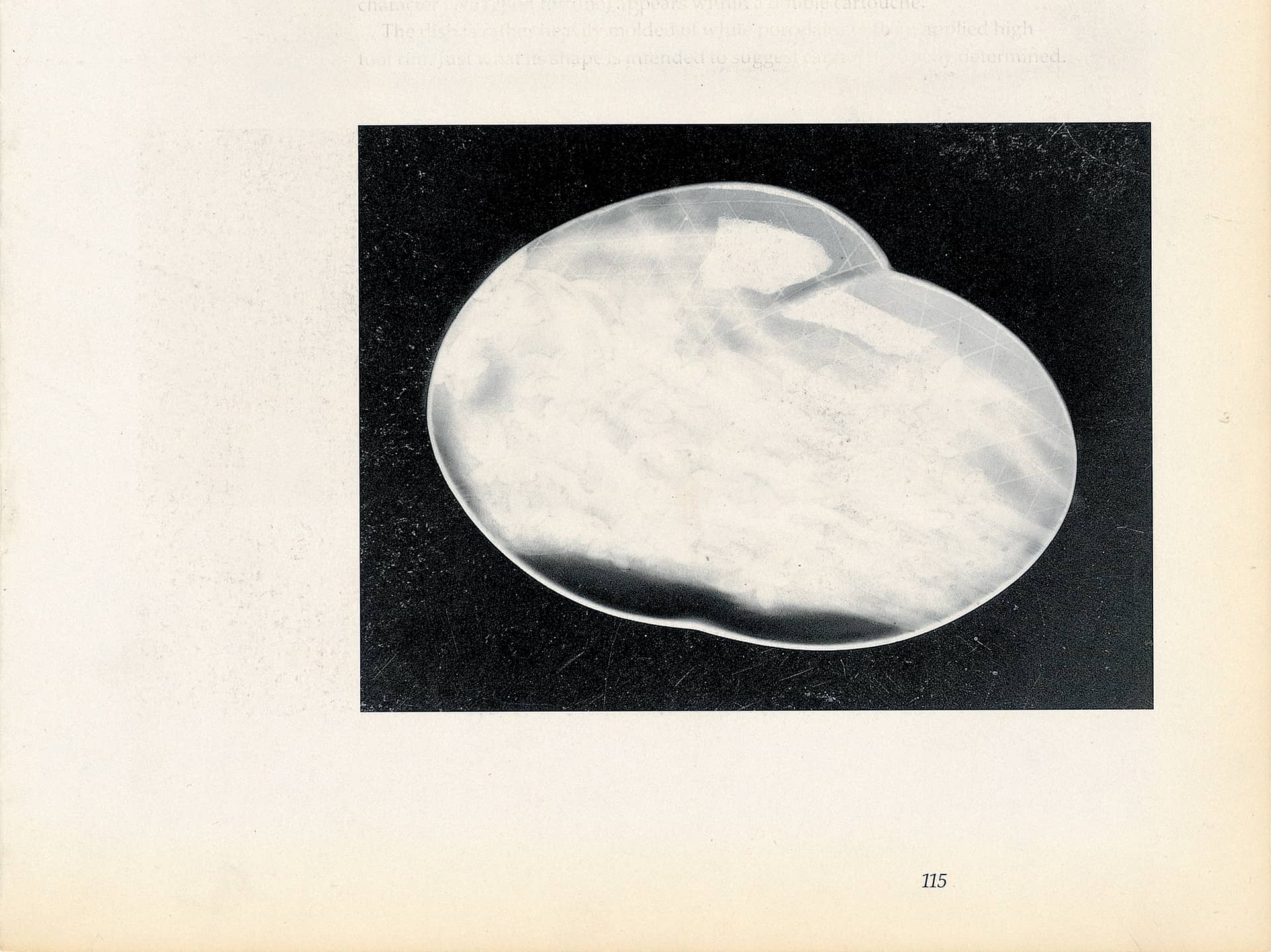Study for Woman is a new artist book by Dana Darvish, which uses photography and collage to explore themes relating to art history, feminism, and personal discovery, bringing together the past few years of Darvish’s practice, it is an unfinished, ongoing study of sex and body, mind and mourning, emptiness and loss, woman and animal.
For over two decades, Darvish has been working in photography-based practices. She uses several techniques—such as montage, manual collage, video, and photography—which she sometimes combines in installations comprising objects and words. Darvish breaks down boundaries between images and identities; assimilates bodies of different kinds while revealing the raw connections between them; conveys information, obscures and amends it to create a new hybrid.
The collage on the book’s cover recalls the story of Leda and the Swan from Greek mythology, which might be regarded as a tale of seduction or rape. Darvish includes the original caption of one of the images that comprise it, which informs us that it is a documentary photo of one of Otto Muehl’s art actions in the late 1960s—violent performances that featured naked women and the slaughtering of animals such as geese. Darvish’s choice of this image from Muehl’s extreme performance for the cover of her book unites the woman and the animal and points to them as sharing the same fate. In this way, already at the opening of the book, she proclaims—employing the notions of citation and source—a feminist critique of society, of culture, and of the art field and its system of representations.
Darvish’s work adopts tactics of gazing at the female body derived from Western art and culture, adopted in order to sabotage and puncture, destroy and rupture the very works from which they were derived. Her works and installations underscore formal aspects and the power of beauty—of wounds, cuts, imperfections—that underpin her artistic endeavor. From the outset of her career as an artist, Darvish has persistently presented as one the perspective of an animal’s spirit and a woman’s soul, not differentiating between their degrees of pain, suffering or fracture due to social constructs and cultural patterns. At the same time, she highlights close analogies between a woman’s body and that of an animal, in their movement and gestures, life drive, and hidden.
Adapted from a text by Ilanit Konopny
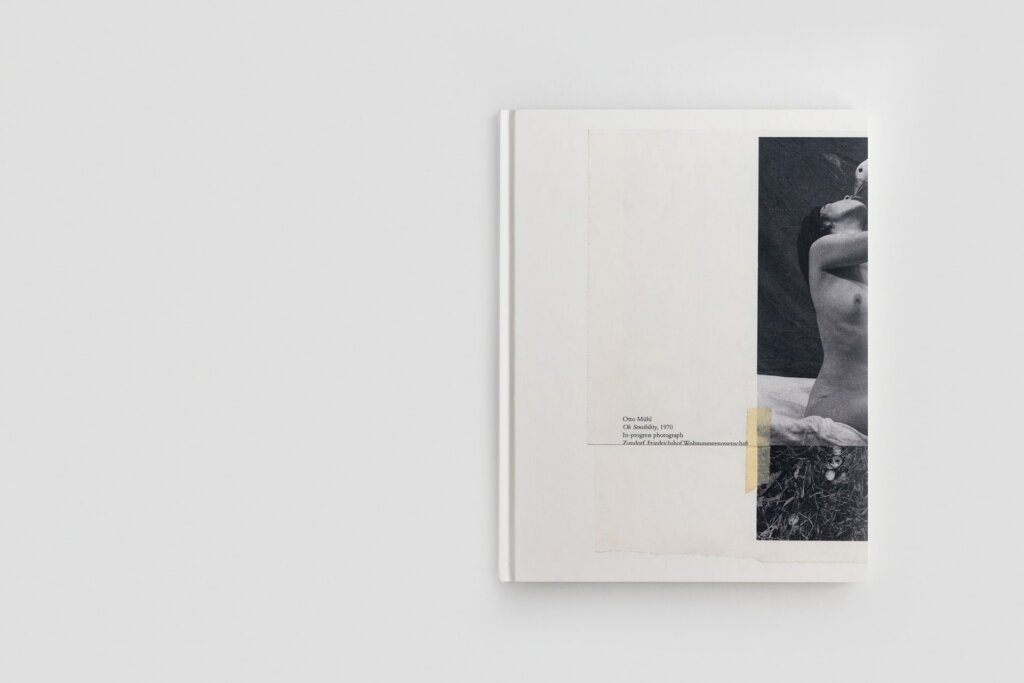












Editing and design by Dana Darvish, essay by Ilanit Konopny, Text editing and translation by Einat Adi, Production by Ian Sternthal & Buro Mayak. Printed at Kopa Print House, Lithuania.

The limited Edition, where the cover image is printed alongisde the edge of the book.

The Standard Edition.






